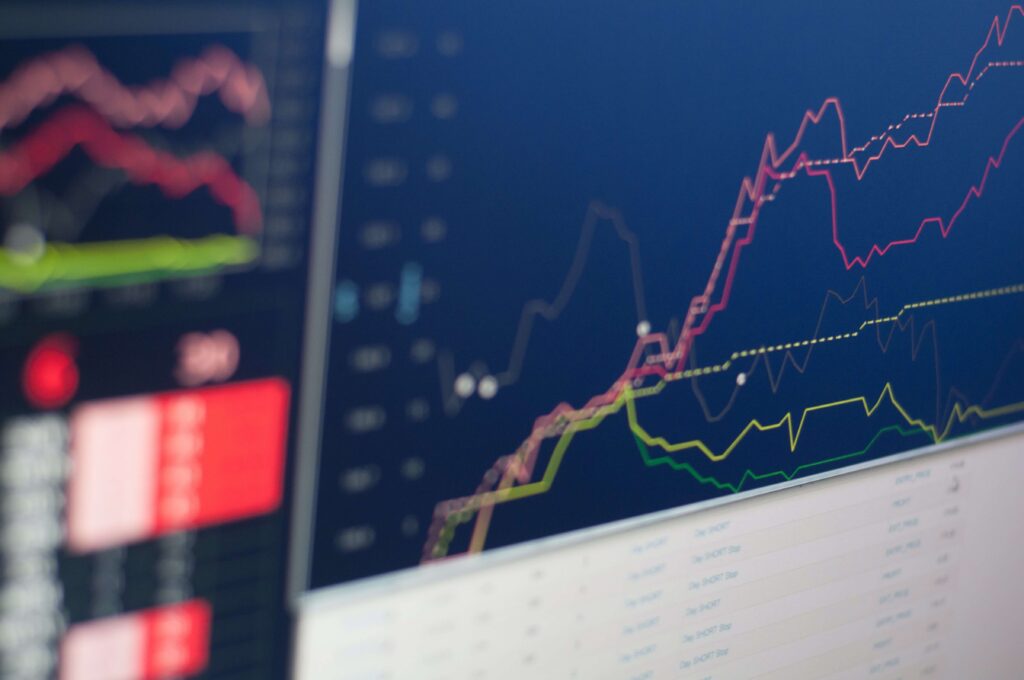Businesses in the commercial sector must constantly improve their accounting procedures to maintain financial stability. Numerous SMBs in the trading industry need to prioritize implementing practical accounting and bookkeeping systems. Consequently, the bottom lines of the companies will inevitably decline. Because of the difficulties presented by inaccurate accounting, businesses frequently refrain from increasing revenue and improving their bottom line.
Trading is a complex and demanding profession due to the competitive and volatile nature of financial markets. Many banks and brokerages prefer applicants with degrees in mathematics, engineering, or the hard sciences to those with finance experience when hiring for trading positions. They require professional assistance, such as Fractional CFO Accounting.
What is a fractional CFO, and what do they do?
An outsourced or fractional chief financial officer is an experienced CFO who works for a company on a contract or, more commonly, a retainer basis (CFO).
There could be significant advantages for the company. You save money by hiring a full-time employee with comparable experience. The majority of part-time CFOs have worked for several companies. This will give them a fresh perspective on the company. Furthermore, a narrow focus can be used to begin collaboration between the organization and the fractional CFO. Participants will be able to determine whether or not their cultural backgrounds are compatible.
Over time, many fractional CFOs are integral to the management team, so they are involved with the company’s goal-setting and strategic initiatives. As they become familiar with the company’s operations, they can act on their behalf with outside counsel, lending institutions, and investors. This can free up others in the organization, like the CEO, to focus on growing the overall strategy and vision for the company.
In particular trading positions, having strong client relations skills is required in addition to chart knowledge. Let us look at a few essential skills for every trader.
5 Skills That Traders Need
Analytical Skill
Any trader must be able to analyze data quickly. Trading requires a lot of math, but this math is represented visually on charts by technical analysis indicators and patterns. As a result, traders must hone their analytical skills to recognize patterns in the charts.
Research
Participants in the market should have an unquenchable thirst for knowledge and an insatiable desire to learn everything they can about the securities they trade. Important economic reports and other market-moving announcements influence the trading decisions of many investors. Traders who stay on top of these communication channels can place trades in response to breaking news while the market is still processing it.
Focus
As a trader gains experience, their focus sharpens. Financial market participants have access to a wealth of data, but they must be able to sift through it to find the information that will allow them to profit.
Some investors go above and beyond to become experts in the securities they trade to gain a competitive advantage over competitors who focus less intently on a particular market, sector, or currency.
Control
Go hand in hand with concentration ability and the self-control required to use that ability. A trader’s success is determined by their ability to control emotions while adhering to a predetermined trading strategy. This is essential for risk management, as it is essential to cut losses or take profits at specific times.
Numerous trading strategies are designed to ensure that the trader incurs only minor losses on losing trades while consistently and significantly profiting on winning trades. Whether the emotional investment is positive or negative, traders’ business decisions may suffer.
Record Keeping
Keeping accurate records is essential for any profitable trading operation. Keeping meticulous records of transactions is critical for growth; from there, it’s just a matter of experimenting with different strategies until one proves effective. Keeping thorough records will make it much easier to demonstrate progress.
The post Do traders need to know accounting? appeared first on Enterprise Podcast Network – EPN.





Leave a Reply